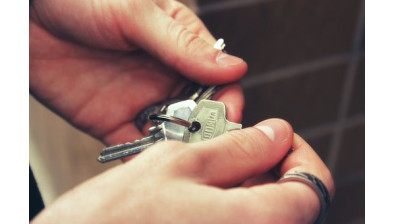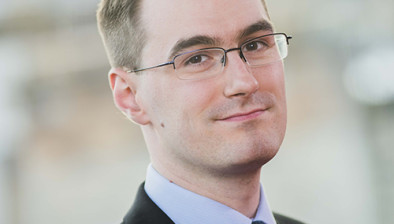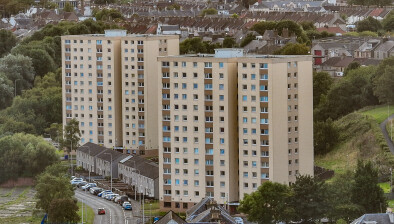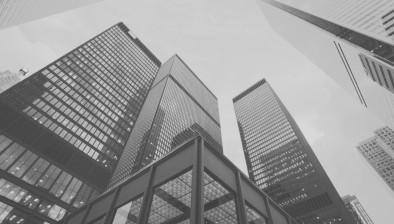Consultation launched on Cladding Remediation Bill

A Holyrood Committee has launched a new call for views on legislation which would give Scottish ministers new powers to assess and remediate buildings in Scotland with unsafe cladding, following the 2017 Grenfell Tower fire.
The Scottish Parliament’s Local Government, Housing and Planning Committee, which is leading scrutiny of the plans, has now launched a public consultation on the Scottish government’s Housing (Cladding Remediation) (Scotland) Bill.
Published last week, the legislation seeks to give Scottish ministers powers to assess and remediate buildings with unsafe cladding, including where consent of the owners cannot be provided.
Under proposals in the bill, the Scottish Government would also create and maintain a Cladding Assurance Register to give residents confidence about the assessment and works undertaken once those buildings are remediated.
The bill would also give ministers the power to establish a Responsible Developers Scheme, to support engagement by developers and encourage them to pay for or carry out remediation work.
Such a scheme would likely include agreement to pay for remediation costs by developers, with potential sanctions for developers that are eligible but do not join or fail to comply with the terms of membership.
As the Scottish Government has not carried out public consultation on the bill, the committee’s call for views will be critical in providing stakeholders including owners and residents of properties in buildings with potentially unsafe cladding, developers, insurers, surveyors, and fire safety experts an opportunity to comment on the proposals.
The call for views is open now and will run until Friday 8th December 2023.
Committee convener Ariane Burgess MSP said: “Cladding was a major contributing factor to the fire which destroyed Grenfell Tower in June 2017, one of the UK’s worst modern disasters.
“We’ve launched our call for views on the Housing (Cladding Remediation) (Scotland) Bill, as it provides the first opportunity for public input on the proposals.
“It’s vital that we hear from the owners and residents of property in buildings with potentially unsafe cladding, to hear if this Bill addresses their concerns, as well as from industry professionals and developers about their views.
“The committee understands the urgency in addressing the issue of unsafe cladding, and this Bill represents a critical step towards achieving safer conditions for all those affected.”









